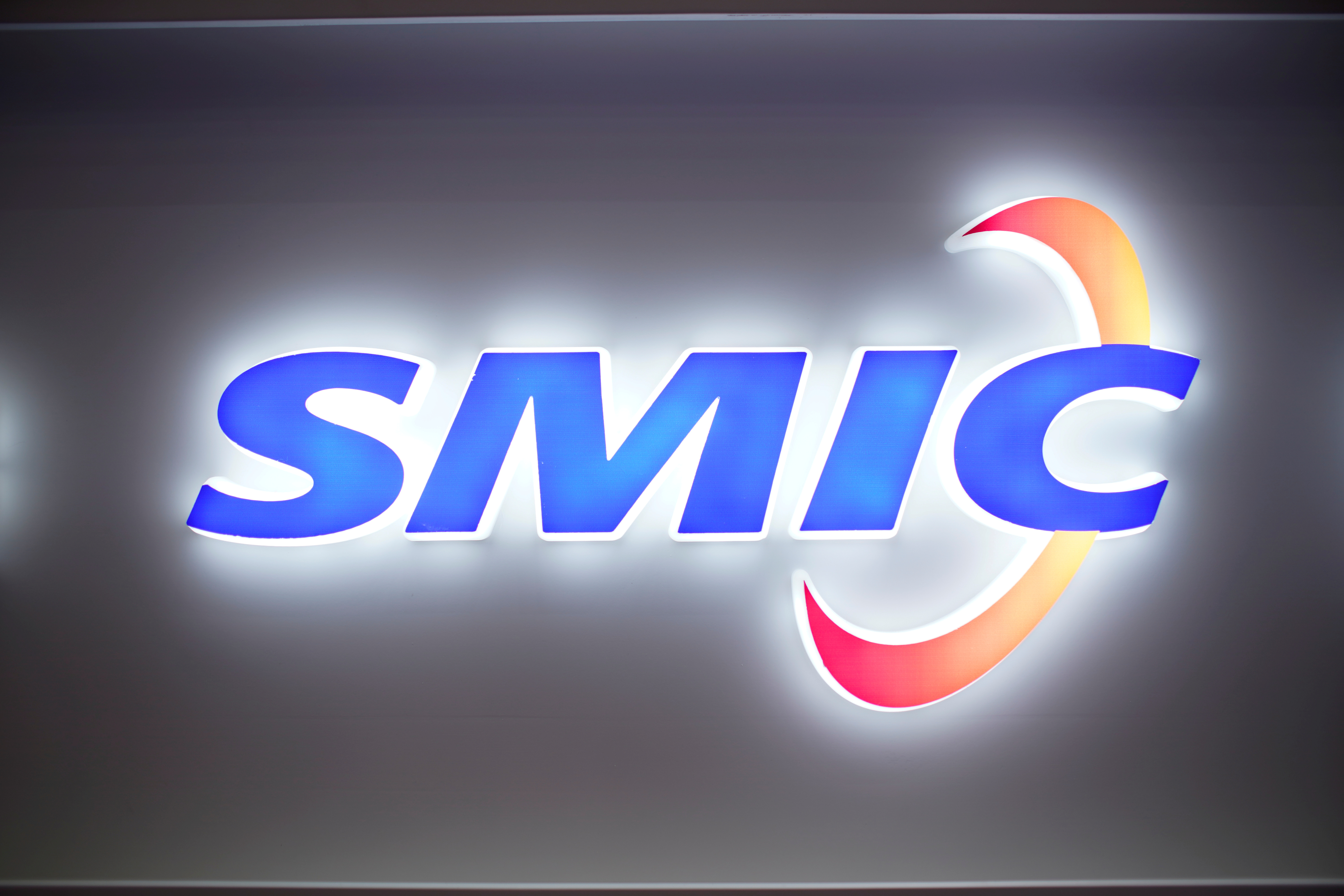(ATF) US Senator Marco Rubio on December 22 called for a strengthening of restrictions announced on SMIC, claiming that the rules will not effectively cut China’s largest chipmaker off from US technology and urging a Huawei-style crackdown.
Rubio, a former Republican presidential candidate who is currently co-chair of the Congressional Executive Commission on China, joined Michael McCaul, chairman of the China task force of Republican members of the House of Representatives, in urging Commerce Secretary Wilbur Ross to toughen restrictions on SMIC.
Both SMIC and Western stock analysts have appeared cautiously optimistic in recent days that the impact of the Trump administration’s latest attempted crackdown via a list of entities connected to China’s military will be manageable. Rubio aims to disrupt that complacency by addressing the potential effect on SMIC at a granular level.
“We are deeply concerned that the rules pursuant to the entity listing for the Semiconductor Manufacturing International Company (SMIC) will be utterly ineffective in addressing this growing national security threat,” Rubio and McCaul said in their letter to Ross.
“SMIC is a clear threat to US national security (and) as written, the SMIC entity listing does not effectively mitigate that national security risk. By limiting the presumption of denial only to those items that are ‘uniquely’ required to produce semiconductors at 10 nanometers and below, the Department of Commerce seems to be allowing SMIC access to nearly all semiconductor manufacturing equipment – undercutting the effectiveness of its nominal intent,” they continued.
“In effect, SMIC will not face serious restrictions, because very few tools are ‘uniquely capable’ of producing a certain chip size. Indeed, SMIC publicly stated that its designation has no material adverse effect on the company’s short-term operations. Consequently, we are deeply concerned that SMIC’s placement on the entity list.was done for show.”
Rubio and McCaul echoed the views of some stock analysts that SMIC will be able to evade restrictions and urged a move to treat the chipmaker similarly to Huawei, which has borne the brunt of the Trump administration’s attempt to restrict Chinese access to global telecom markets.
“We fully expect companies to alter their supply chains to exploit shortcomings in the de minimis (rule) to continue sales to SMIC despite the entity listing. Your department must apply the same lessons from the Huawei entity listing and expand the (rule) for SMIC to cover any semiconductor manufacturing equipment that is built with or incorporates any US-origin technology. We must ensure that SMIC is unable to access semiconductor manufacturing equipment from any location in the world. In addition, we are confused why the Department of Commerce did not apply recent lessons in how to use these controls,” Rubio and McCaul said.
The Trump administration is in its last month in office, but the letter sent by Rubio and McCaul on Tuesday indicates that leading politicians in the US will keep up pressure on incoming President Biden and his officials to maintain a tough stance on Chinese technology companies during 2021.
China Telecom’s right to operate in the US remains under threat, while this week’s $900 billion Covid-relief bill passed with a $1.9 billion clause to “rip and replace” Huawei and ZTE equipment.
Global index publisher FTSE Russell said on Tuesday it will remove SMIC from the FTSE China 50 Index from January 7, Reuters reported. It would also delete Hangzhou Hikvision Digital Technology Co from its widely tracked FTSE China A50 index on the same day, citing U.S. sanctions against the Chinese video surveillance company.
























